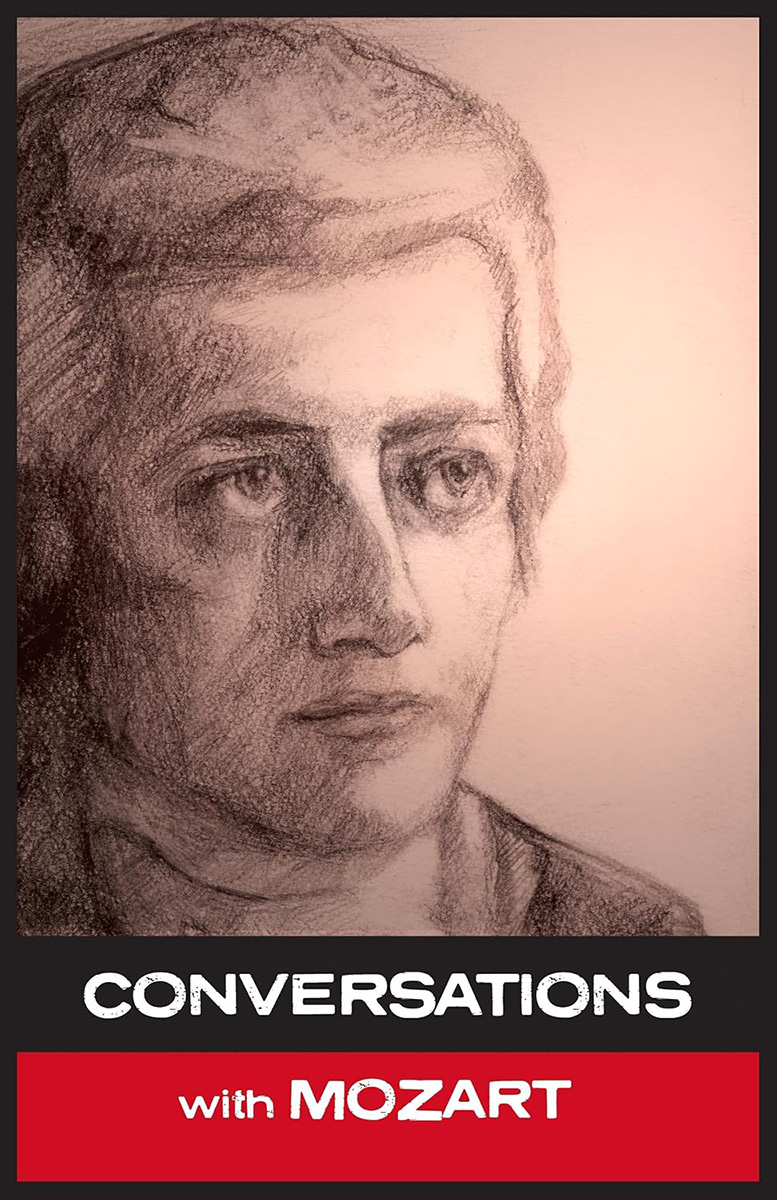Summary
Wolfgang Amadeus Mozart, a child prodigy who became an adult genius, died in debt and was buried in an unmarked grave in his adopted home of Vienna.
Mozart needed no formal lessons in composition. He’d been composing since the age of five, and possessed astonishing musical memory, able to re-create whatever he heard or saw. He could mimic different styles and his travels, which were endless, gave him plenty to imitate whether sacred, dramatic or instrumental. As he said, ‘I can pretty well adapt or conform myself to any style or composition.’ He was not the tortured artist but could compose whilst playing billiards or skittles, ordering the musical ideas in his head so exactly that writing them down was a slightly mechanical affair, requiring little effort. The music was there in its entirety in his head.
Mozart struggled with relationships, revealing a strong sense of abandonment beneath the surface. Quick to judge, he possessed a sharp manner himself, but saw only the upset that others caused him. He had a long list of foes and his battles with them he describes in much detail. A difficult relationship with his controlling father Leopold was partially offset by a happy marriage to Constanze, a genuine oasis in a world he found frustrating. Mozart was a phenomenal performer as well as composer, enjoying moments of great adulation. But these never turned into financial security. For this reason, he was a reluctant piano teacher throughout his life.
‘Conversations with Mozart’ is an imagined conversation with the man behind the music who died largely unnoticed at the age of 35. But while the questions are imagined, Mozart’s words are not; they are all authentically his, taken from his many letters.
He was the eternal child. As his sister Nannerl said, ‘Outside of music he was, and remained, nearly always a child.’ But he was a child with a seat at the very top composers’ table; a conduit for the most perfectly shaped musical argument, sublime harmonies and with a deep understanding of drama and emotion. ‘There’s never a dull moment with Wolfgang,’ says Simon Parke. ‘He’s fascinating on the subject of music, and beguiling on the soap opera of his life. He understood music better than he understood himself, which brought suffering. But he was determined to be cheerful. Hope was always round the next corner for Wolfgang.’

